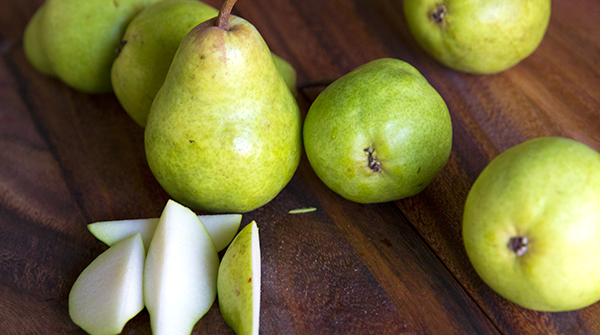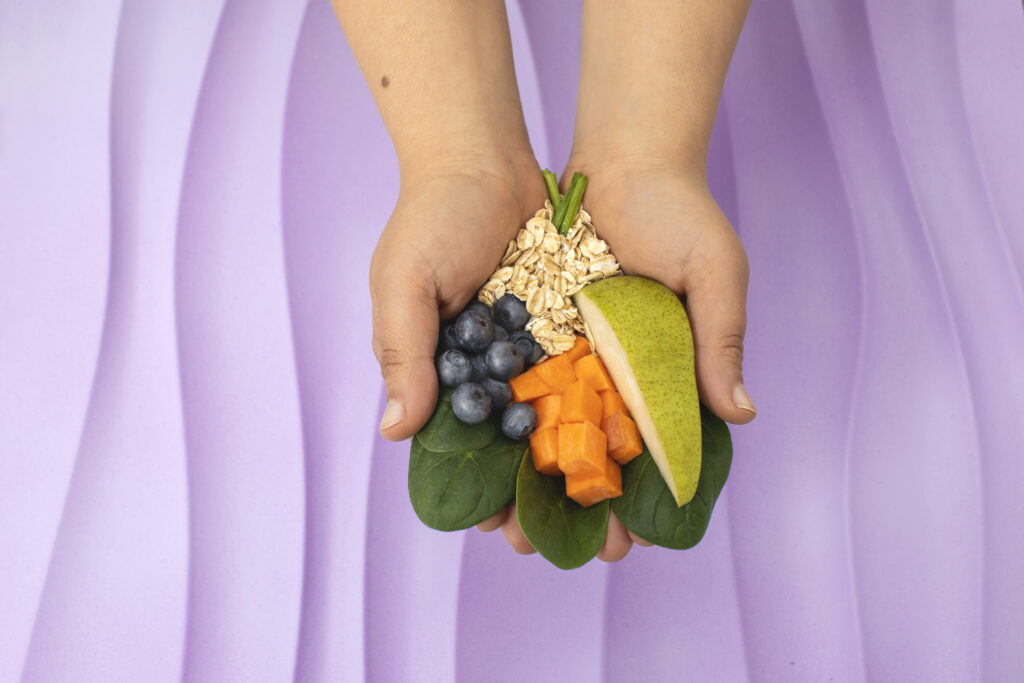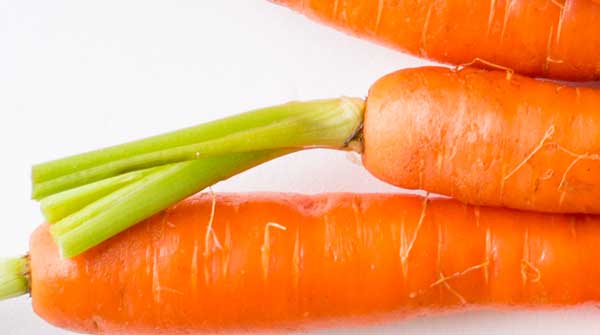What is a Food IQ?
When it comes to kids’ development, parents and pediatricians alike pay close attention to motor skills as well as speech development. Milestones are met with joy (and shared endlessly with grandparents). Smiling, clapping, that first “Mama”—it’s all so amazing.
Guess what? Palate development is also important. Maybe you haven’t heard of Nutritional Intelligence before, but it’s also a skill—the age appropriate ability to recognize and enjoy proper amounts of good food.
To keep things fun— and a little less daunting— we often refer to Nutritional Intelligence as your baby’s “Food IQ.”
Here’s the thing, in Dr. Alan Greene’s assessment, many kids in the United States are not yet nutritionally intelligent. As he points out, they are actually developmentally delayed when it comes to nutrition. Just look at the things American kids tend to eat. The only vegetables on the list of top 25 things they get their calories from are French fries and potato chips. And the only fruits on that list are in juice form. It’s a sad state of affairs.
The good news is that, just like motor or speech skills, there’s a lot you can do to help your little one develop a healthy Food IQ as he grows.
Once parents see their child’s Food IQ as an important aspect of development, it’s easy (not to mention fun) to cultivate a little one’s palate. Just offer your child a wide variety of nutritious foods. And do it over and over again so they learn many flavors. For very young kids it might take up to 6 or 10 tries to learn to like something with bitter or sour notes in it.¹ But don’t give up! It’s so worth it. And those faces they make as they get used to them? Priceless. Share those with the grandparents!
Just one more thing: Don’t forget to be a role model. The pickier a parent is, the pickier a kid is likely to be. So dig in at your next family meal. If there’s something you don’t like but you want your kids to eat, take one for the team.
The advice provided in this article is for informational purposes only and is not a substitute for medical diagnosis, advice or treatment for specific medical conditions. Always consult a pediatrician to understand the individual needs of your child.
Written by Plum Organics



